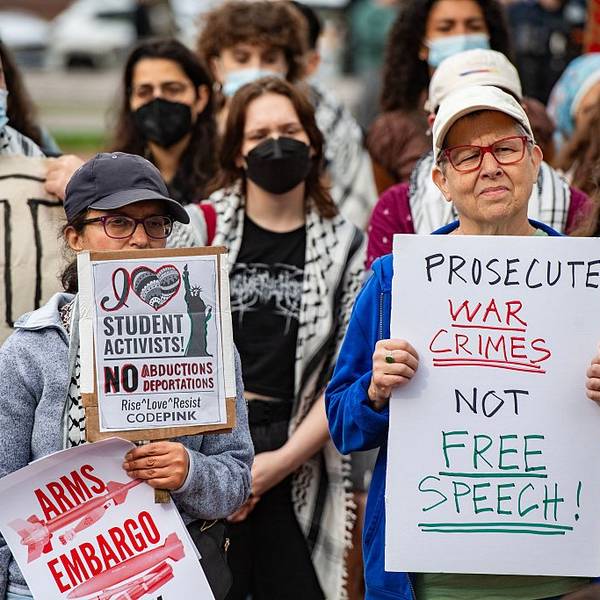The United Nations human rights chief on Friday warned that the U.S. government risks opening a "Pandora's Box" if it successfully forces Apple to unlock an iPhone belonging to one of the suspected San Bernardino shooters.
"Encryption and anonymity are needed as enablers of both freedom of expression and opinion and the right to privacy," UN High Commissioner for Human Rights Zeid Ra'ad Al Hussein said in a statement. "It is neither fanciful nor an exaggeration to say that, without encryption tools, lives may be endangered. In the worst cases, a government's ability to break into its citizens' phones may lead to the persecution of individuals simply exercising their fundamental human rights."
"To address a security-related issue related to encryption in one case, the authorities risk unlocking a Pandora's Box that could have extremely damaging implications for the human rights of millions of people, including their physical and financial security," he said.
The statement comes amid an escalating privacy battle between the FBI and Apple. The tech company continues to resist the government's orders to unlock Syed Farook's encrypted iPhone. While intelligence agencies have insisted that the FBI's demands are specific to the San Bernardino case, Apple, other tech companies, and privacy advocates have repeatedly warned that building a backdoor to encrypted data could set a dangerous precedent for expanding government authority.
Reporting earlier this month suggests that the Department of Justice is already pursuing court orders to force Apple to unlock iPhones in about a dozen undisclosed cases.
Moreover, Hussein said on Friday that weakening encryption could pose additional dangers to national security, such as exposing users' personal information to exploitation by hackers or repressive governments worldwide.
"This is not just about one case and one IT company in one country," Hussein said. "It will have tremendous ramifications for the future of individuals' security in a digital world which is increasingly inextricably meshed with the actual world we live in."



